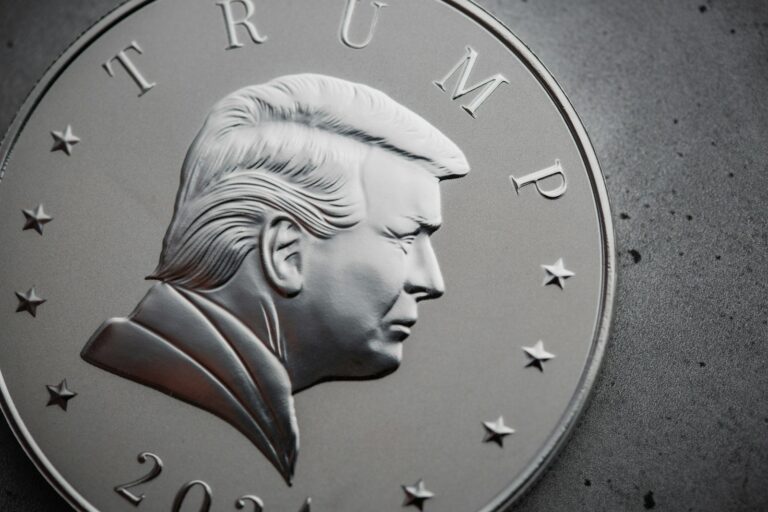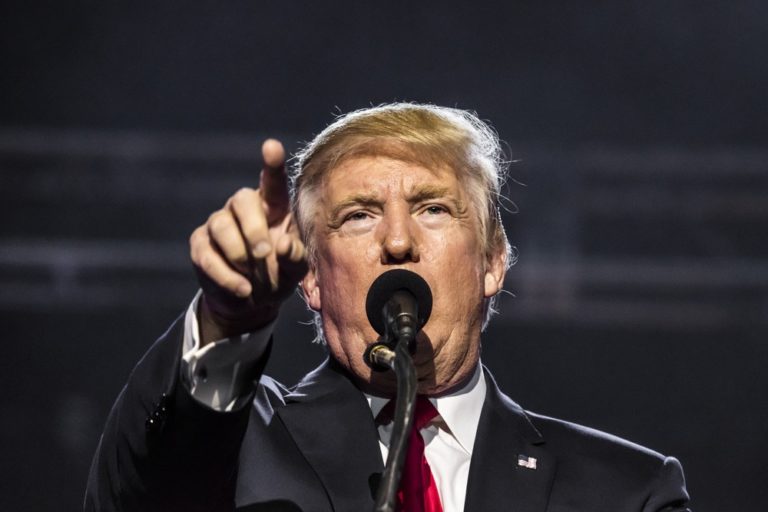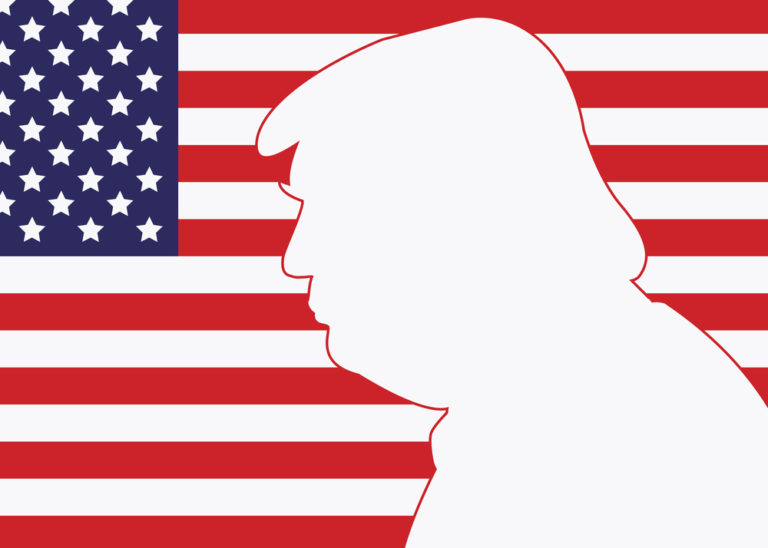Key Takeaways:
- The EPA has reduced its scrutiny of the fossil fuel industry under the Trump administration.
- Staffers expressed surprise at the shift in enforcement policies.
- The new approach aims to decrease regulations and boost production.
- Enforcement cases, especially in the Midwest, are being handled differently.
- The DOJ’s environmental division has reduced its involvement.
- The oil and gas industry was a significant donor to Trump’s campaign.
- Environmental enforcement at the EPA has weakened, affecting their leverage over polluters.
A Shift in Focus at the EPA
Recent changes at the Environmental Protection Agency (EPA) have signaled a significant shift in how the federal government regulates the fossil fuel industry. Since President Donald Trump returned to office, the agency has started to ease its oversight of oil and gas companies. This new direction has surprised many staffers, who were accustomed to stricter enforcement under previous administrations.
According to insiders, the shift began shortly after the new administration took over. EPA employees were asked to review their ongoing cases and highlight any involving fossil fuels. While reviewing cases isn’t unusual, the focus on fossil fuels caught some off guard. Managers soon made it clear that cases related to the energy sector, particularly in the Midwest, would be treated differently and likely wouldn’t move forward.
Changes in Enforcement Strategies
The change in approach has had immediate consequences. Enforcement officers have been instructed not to issue notices of violation or send information requests to suspected polluters. This means companies accused of violating environmental laws are no longer receiving the same level of scrutiny. As a result, the EPA’s ability to hold these companies accountable has weakened.
One EPA employee described the situation bluntly, saying, “The environmental enforcement section of DOJ has been decimated. There’s no one to do the work.” This reduction in manpower has made it even harder for the agency to take action against polluters.
A Weaker Cop on the Beat
The relationship between the EPA and the fossil fuel industry has changed dramatically under the new administration. According to several sources, enforcement officers are now struggling to negotiate penalties or terms for correcting violations. This shift has emboldened some companies, which now seem less afraid of facing consequences for breaking the rules.
“It’s like the companies are scoffing at the cops,” said one enforcement staffer. “EPA enforcement doesn’t have the leverage they once had.”
What This Means for Pollution and Enforcement
The consequences of this shift are clear. With less oversight, oil and gas companies may feel more comfortable cutting corners and ignoring environmental regulations. This could lead to increased pollution and harm to the environment. For example, without proper enforcement, companies may be more likely to release harmful chemicals into the air or water without facing penalties.
Additionally, the lack of enforcement sends a signal that environmental violations are no longer a priority for the federal government. This could have long-term implications for public health and the environment.
Wild West for the Fossil Fuel Industry
The changes at the EPA have created a sense of unease among staffers and environmental advocates. Without strong enforcement, the fossil fuel industry appears to have more freedom to operate with minimal oversight. This has led some to compare the current situation to the “Wild West,” where rules are loosely enforced and companies can act with impunity.
As one source put it, “It’s like the rules don’t apply anymore. Companies are doing whatever they want, and no one is holding them accountable.”
A Shrinking Team at the Department of Justice
The situation is further complicated by a shrinking team at the Department of Justice (DOJ). The DOJ’s environmental division, which plays a key role in prosecuting environmental violations, has seen a significant reduction in staff due to buyouts and layoffs. This has left the division with fewer resources to pursue cases against polluters.
According to one EPA employee, “The environmental enforcement section of DOJ has been decimated. There’s no one to do the work.” This lack of resources has made it even harder for the EPA to take action against companies that violate environmental laws.
Why Is This Happening Now?
The shift in enforcement priorities at the EPA seems to align with President Trump’s broader agenda of reducing regulations on the fossil fuel industry. The president has long argued that environmental rules are “burdensome” and has made it a priority to roll them back. By easing enforcement, the administration is creating an environment where oil and gas companies can operate more freely.
Additionally, the fossil fuel industry has been a significant supporter of Trump’s campaign. In 2024, the industry contributed $14.1 million to his campaign, making it one of his largest sources of funding. This has led some to speculate that the administration’s new approach to enforcement is, at least in part, a response to the industry’s support.
What’s Next for Fossil Fuels and the Environment
The changes at the EPA have sparked concern among environmental advocates and staffers alike. With less oversight and a weaker enforcement team, the fossil fuel industry may feel more comfortable ignoring environmental regulations. This could have serious consequences for the environment and public health.
As one source noted, “It’s like the alarm bells are ringing, but no one is listening. We’re worried about what this means for the future of environmental protection.”
The situation also raises questions about the role of the EPA in holding polluters accountable. With a weakened enforcement team and a shift in priorities, it’s unclear how the agency will handle environmental violations moving forward. One thing is certain, however: the changes at the EPA have created a new landscape for the fossil fuel industry, one where regulations are less of a concern.
In the coming months and years, it will be important to monitor how these changes impact the environment and public health. While the administration may see this as a way to boost the economy, the long-term consequences of reduced enforcement could be severe. For now, the fossil fuel industry appears to have the upper hand, and the EPA’s role as a watchdog has been significantly diminished.










